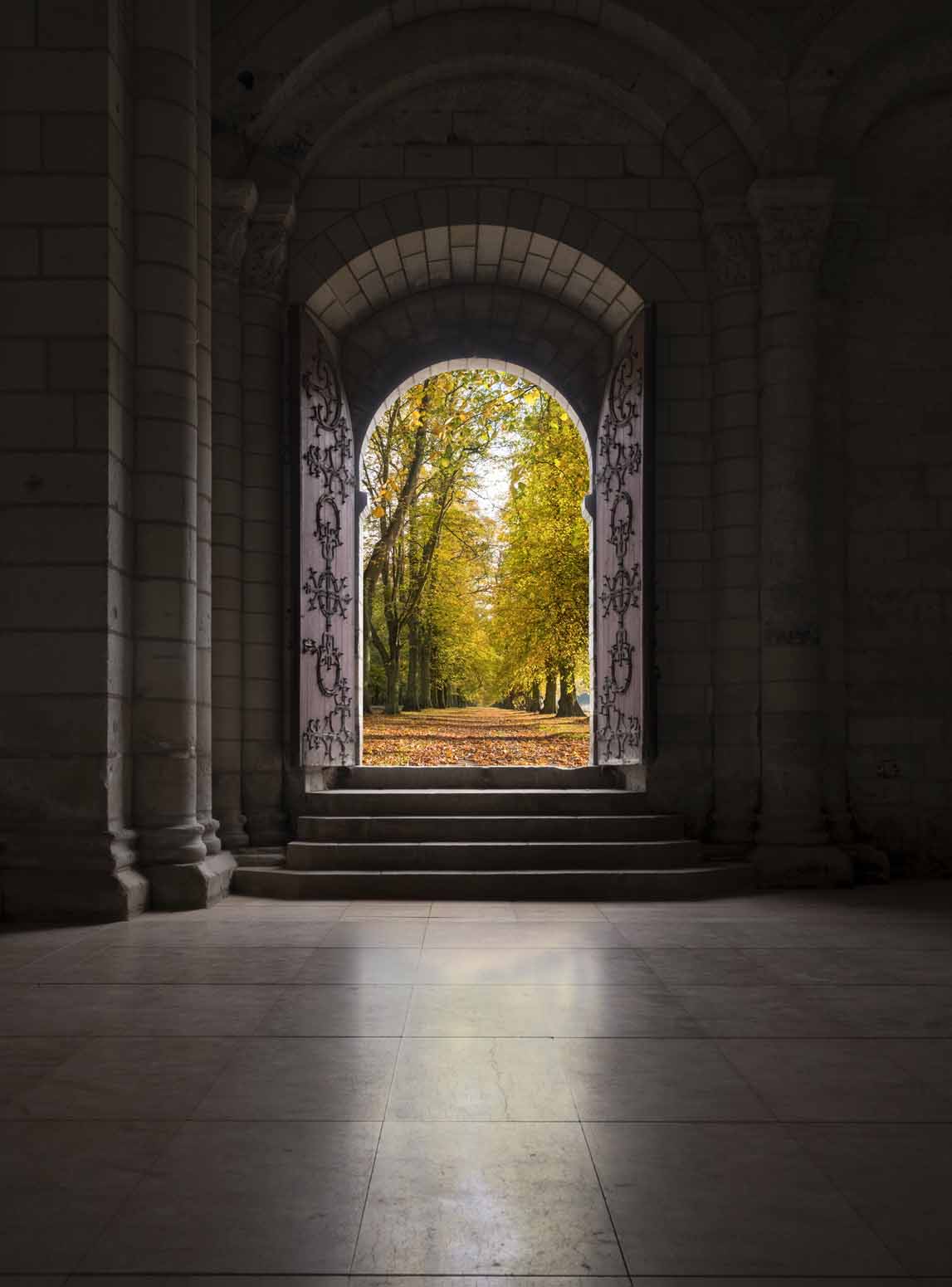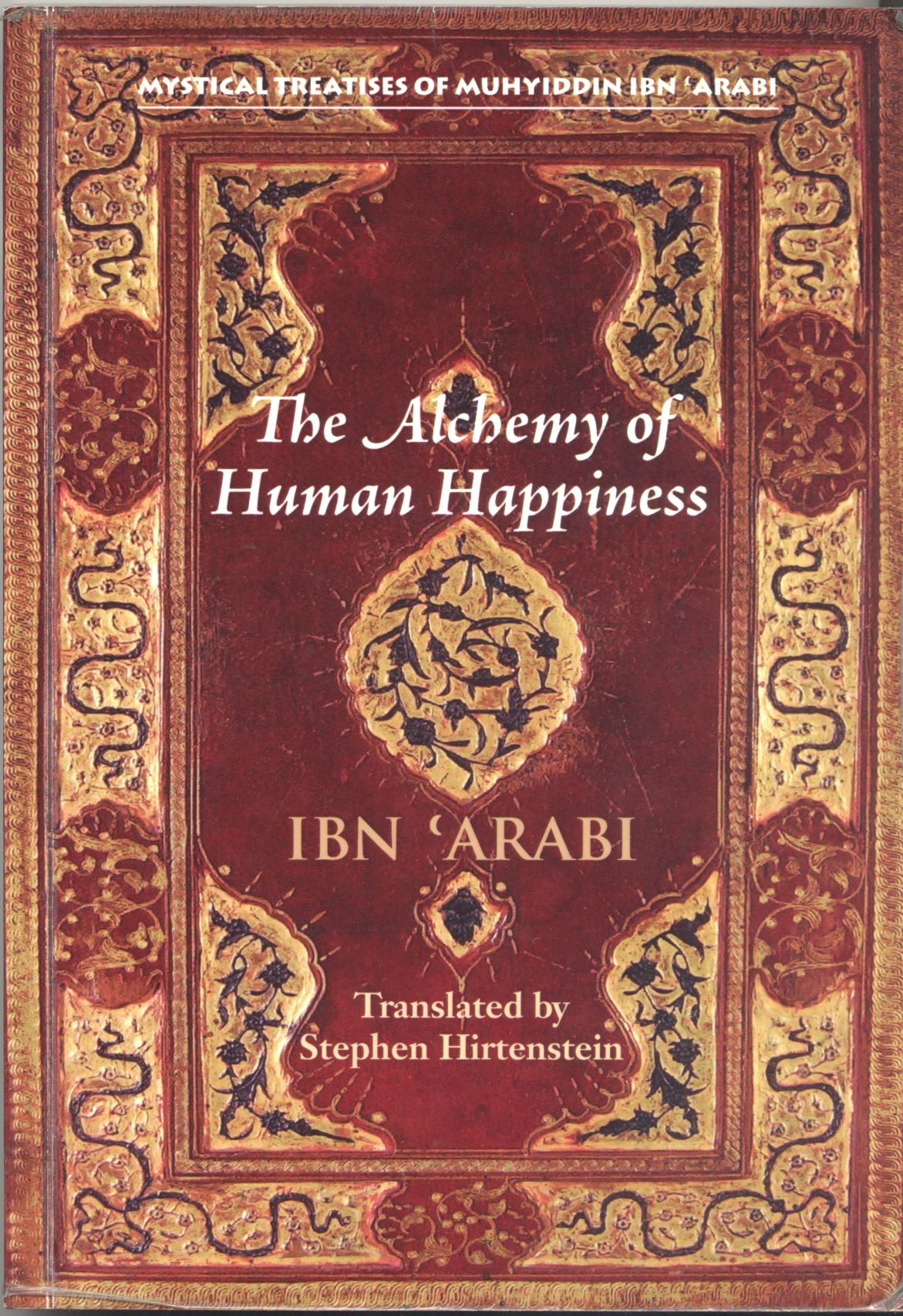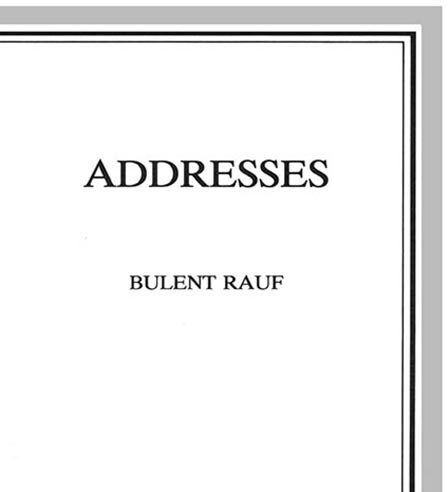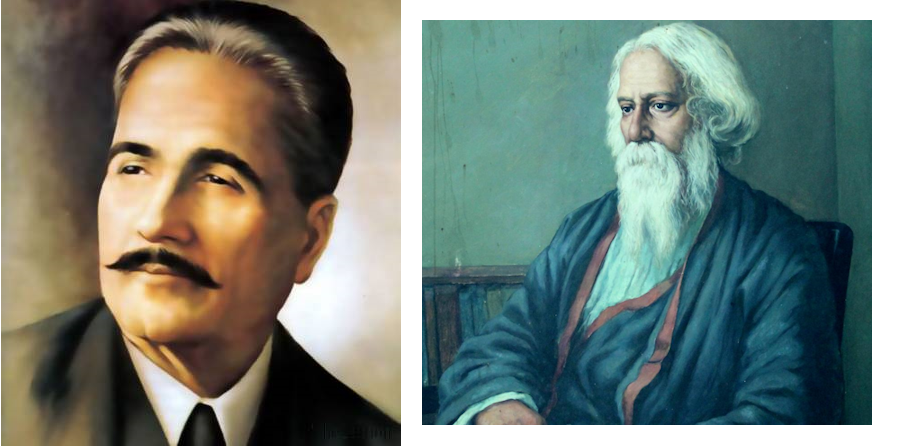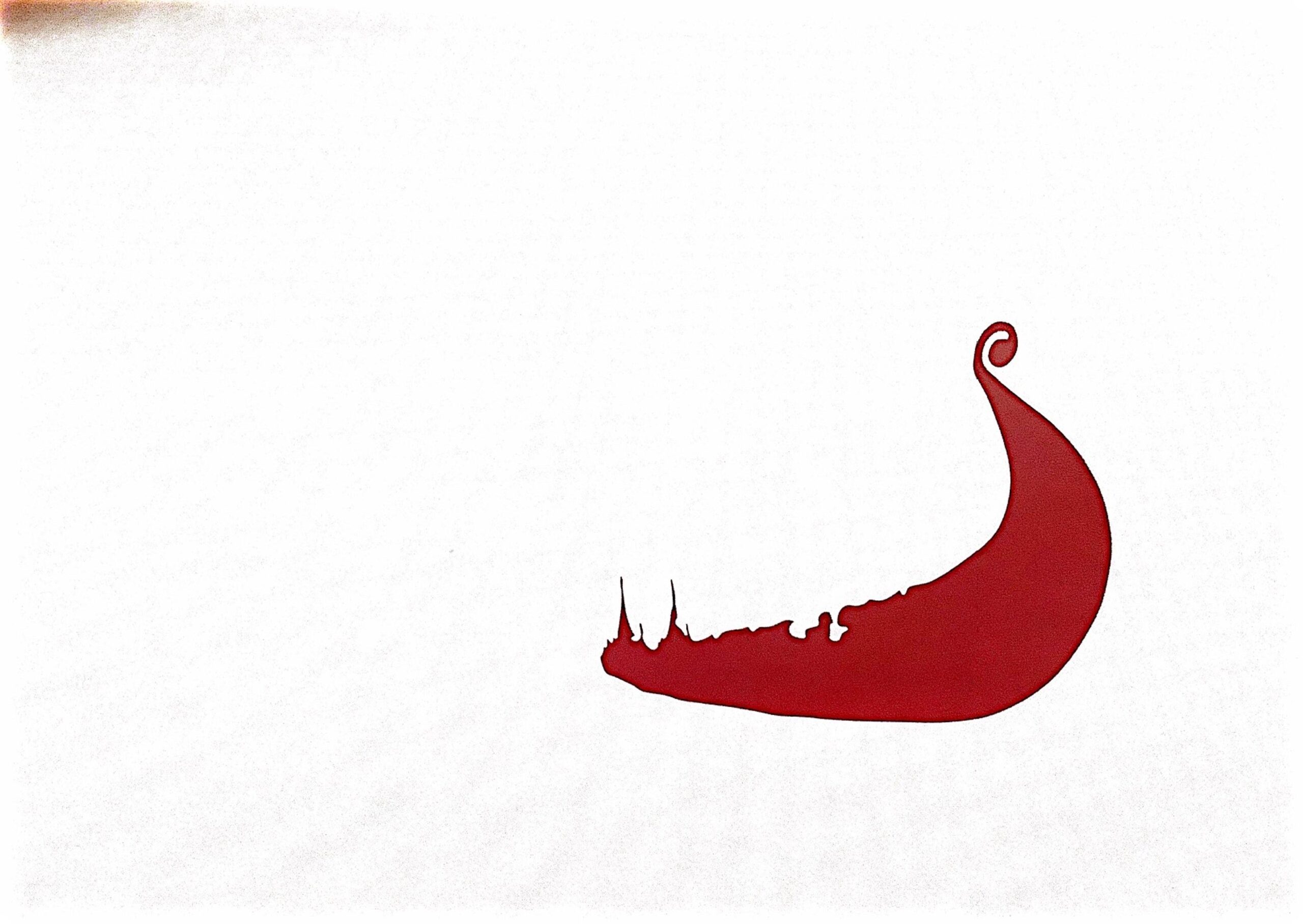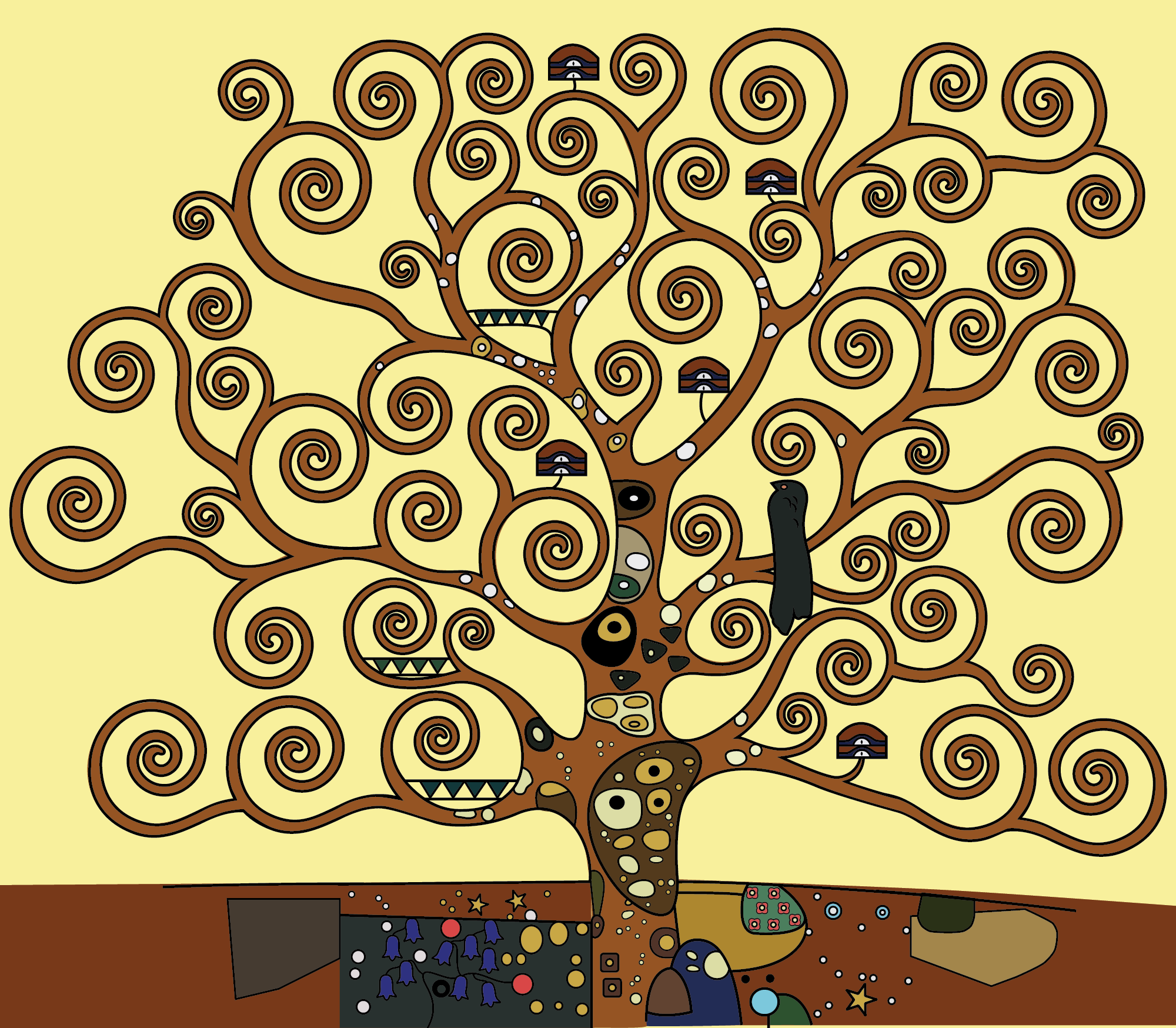Ibn ‘Arabi Study Retreat: Abraham and Isaac
September 4 – 10, 2017
Chapters from Part One of the new, fully annotated translation of the ‘Fusus al-Hikam’ (2018), led by Jane Clark at the Chisholme Institute, Scottish Borders, UK.
Course Description
The Fusus al Hikam, or ‘The Ringstones of Wisdom’, is a major work by the great Andulusian mystical writer, Muhyiddin Ibn ‘Arabi, and is considered to contain the essence of his teachings. An extended exposition on the unity of existence – that reality is both single in itself and many-faceted in its expression – it takes the form of 27 chapters, each devoted to the essential meaning of a prophetic wisdom in the line of Adam to Muhammad. Not concerned with the outer forms of religion, it concerns itself with perennial truths about human beings and the meaning and purpose of our lives which continue to have universal relevance.
This course will be based on a new, fully annotated translation by Stephen Hirtenstein, Jane Clark and Cecilia Twinch, the first part of which will be published in 2018. It will be the first public reading of two chapters, Chapter 5: Wisdom of Rapturous Love in the Abraham Word, and Chapter 6: Wisdom of Truth and Reality in the Isaac Word. This new translation is designed as a complete study guide to this rich and complex text, and no previous experience of reading Ibn ‘Arabi is required.
Timetable & Accommodation
This is a residential retreat at the Chisholme Institute, starting at 7pm on Monday, 4th September and running until 2pm on Sunday, 10th September. The timetable will comprise meditation, study, conversation, devotional practice and practical work in the house, kitchen or garden, all in the spirit of service.
The location is in the grounds of Chisholme House, a beautiful estate in the moors of the Scottish Borders, an hour and a half from Edinburgh, Newcastle and Carlisle.
The Chisholme Institute is a school dedicated to exploring the essential unity of all existence, the true nature of the self, and how our understanding of this informs how we are in the world.
Jane Clark
Jane Clark has been engaged with the works of Ibn ‘Arabi for more than 30 years. Originally trained in science, she later studied at the Beshara School and University of Oxford. She is a Senior Research Fellow of the Muhiyddin Ibn ‘Arabi Society, and over the years has given many lectures and seminars on Ibn ‘Arabi’s ideas both within the UK and internationally, as well as running courses on Ibn ‘Arabi and Islamic msyticism in general for the University of Oxford, the Temenos Academy and the Beshara Trust. She is currently working with Stephen Hirtenstein and Cecilia Twinch on a new translation of Ibn ‘Arabi’s ‘The Ringstones of Wisdom’, and editing a collection of articles by the extraordinary monk-poet, Dom Sylvester Houédard.
About Ibn 'Arabi
Muhyiddin Ibn ‘Arabi (1165–1240)
Known as the greatest mystical genius of the Arabs, Ibn ‘Arabi was born in Murcia in south-eastern Spain, at a time of the last great flowering of Andalucian culture under Islamic rule. From the earliest age he showed evidence of an extraordinary visionary capacity, and while still a teenager, had a seminal vision of the three major prophets of the West, Jesus, Moses and Muhammad. He traveled widely in North Africa, the Middle East and Asia Minor, eventually settling in Damascus for the last 20 years of his life. He wrote a series of inspired works, some 300 in number ranging from short treatises and mystical odes to the 37-volume encyclopaedia Meccan Revelations (al-Futuhat al-Makkiyya) and his spiritual masterpiece on the prophetic wisdoms, Fusus al-Hikam.
Ibn ‘Arabi’s reach was immense and his influence vast during his lifetime and beyond. His works inspired the great civilizations of the Mughals in India, the Ottomans in Turkey, the civilisations of Indonesia and China right down to the present day. He occupies a status equivalent to Shakespeare in the realm of English language, but Ibn ‘Arabi’s wealth of meanings extends from the interior unknown essential reality to the most explicit outward expression without ever compromising the principle of unity.
With recent translations into European languages a new era of influence is noticeably and interestingly beginning to unfold. The Muhyiddin Ibn ‘Arabi Society was founded in 1977 to promote a greater understanding of the work of Ibn ‘Arabi and his followers. It is an international association with its headquarters in Oxford, England and a branch in Berkeley, California.
Booking & Fees
Cost:
Shared double or triple bedroom: £280
Single room (when available): £325
*Accommodation and all meals are included.
**A non-refundable deposit of £60 is required in advance; the balance is payable on arrival.
The Chisholme Institute tries to ensure that people are not excluded for financial reasons and may be able to offer a reduced fee to those who need it.
Enquiries & Booking:
info@chisholme.org
Tel: +44 (0)1450 880215
Booking website
Course / Event location
Chisholme Institute, Chisholme House, Hawick TD9 7PH, UK

